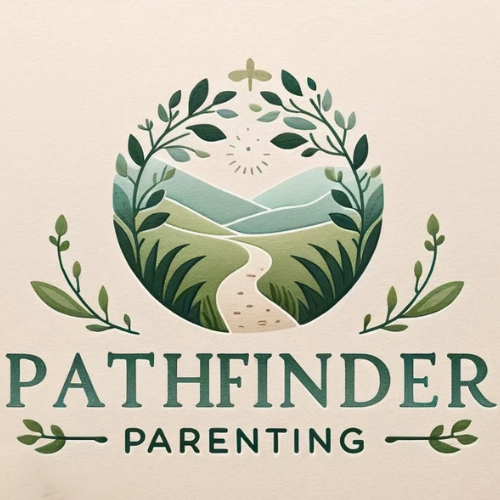Holistic Parenting: Beyond Discipline and Rewards
Navigating the challenges of parenting can feel overwhelming. If you’ve tried different approaches to discipline and motivation without success, you might feel stuck in a cycle of rewards and punishments. But there’s a more effective way to guide your child towards independence and self-sufficiency: holistic parenting. This perspective prioritizes your child’s overall well-being and growth.
Personal Experience and Struggles
A few weeks ago, I sat with a friend struggling to connect with her child. She felt stuck in a cycle of yelling and defiance. Like many parents, she wanted the best for her child but found that traditional discipline methods weren’t working.
A New Perspective
We’ve been conditioned to believe that discipline and rewards are the only ways to influence behavior. But there’s a different approach—one that focuses on building strong relationships, encouraging autonomy, and prioritizing overall wellness.
Key Principles of Holistic Parenting
Fostering Emotional Intelligence
Help your child recognize and manage their emotions. For example, validate their feelings and teach them to express themselves healthily.
Cultivating Empathy and Compassion
Create a safe space for your child to express themselves without fear of judgment. Empathy builds strong relationships and teaches your child the importance of kindness.
Encouraging Self-Regulation
Give your child autonomy to make choices within reasonable bounds. This teaches critical thinking and decision-making skills.
Shifting Focus from Behavior to Well-being
- Recognize the Whole Child: See your child as a whole person with thoughts, feelings, and needs beyond just following rules.
- Address Root Causes of Misbehavior: Understand what drives your child’s behavior and address those issues directly.
- Nurture a Sense of Safety and Belonging: Create a warm, welcoming atmosphere where your child feels heard and understood.
Practicing Mindfulness and Self-Awareness
- Model Healthy Emotional Expression: Show your child how to manage emotions by doing so yourself.
- Teach Emotional Management: Help your child develop emotional awareness and regulation through role-playing exercises and mindfulness practices.
Building Strong Relationships
- Quality Time: Engage in activities your child enjoys to build a deeper connection.
- Active Listening and Validation: Show your child that you understand their feelings by listening actively and validating their emotions.
- Encourage Open Communication: Create opportunities for conversation to build trust and understanding.
Fostering Independence and Responsibility
- Encourage Autonomy: Offer choices that promote decision-making skills.
- Teach Life Skills: Equip your child with skills like cooking, cleaning, and time management.
- Gradually Increase Freedom: As your child demonstrates responsibility, give them more independence.
Conclusion
Embracing a holistic approach to parenting goes beyond discipline and rewards. By nurturing relationships, encouraging autonomy, prioritizing wellness, and emphasizing personal growth, you create a supportive environment where your child can thrive. Remember, this journey is about progress, not perfection. Be patient and trust that your child will flourish under your loving guidance.
